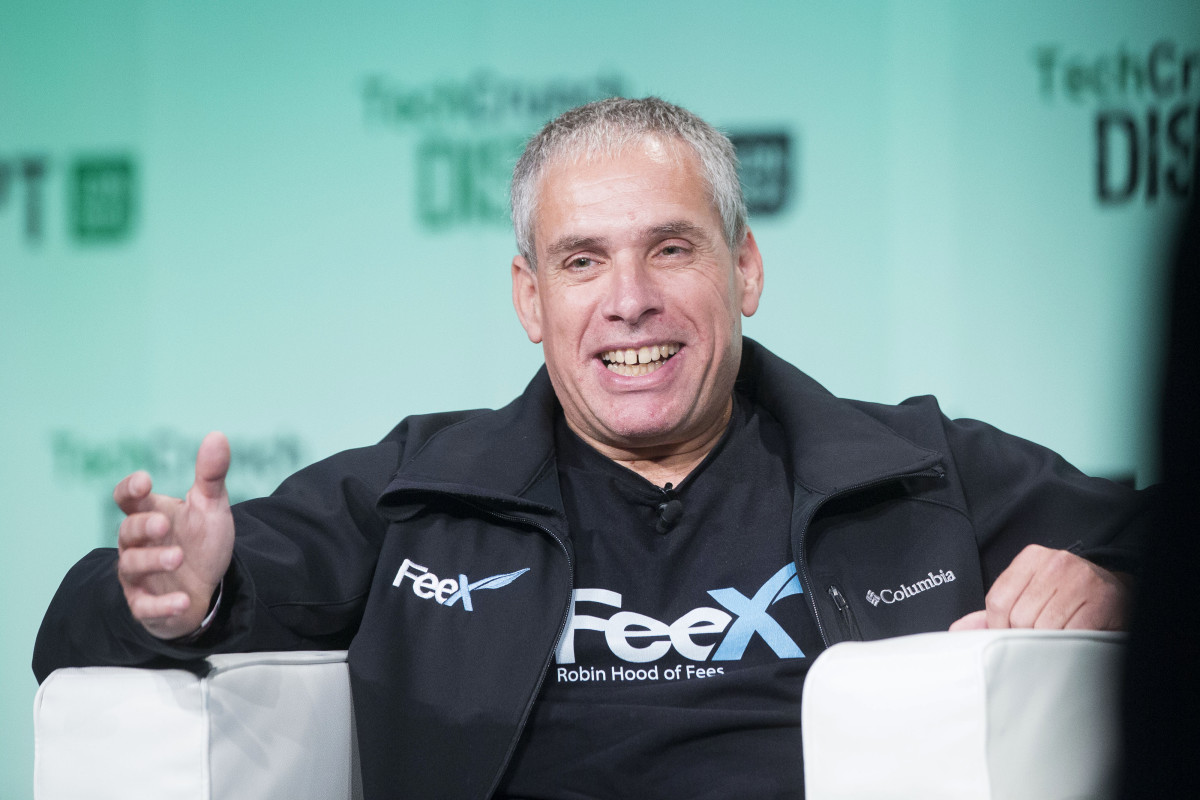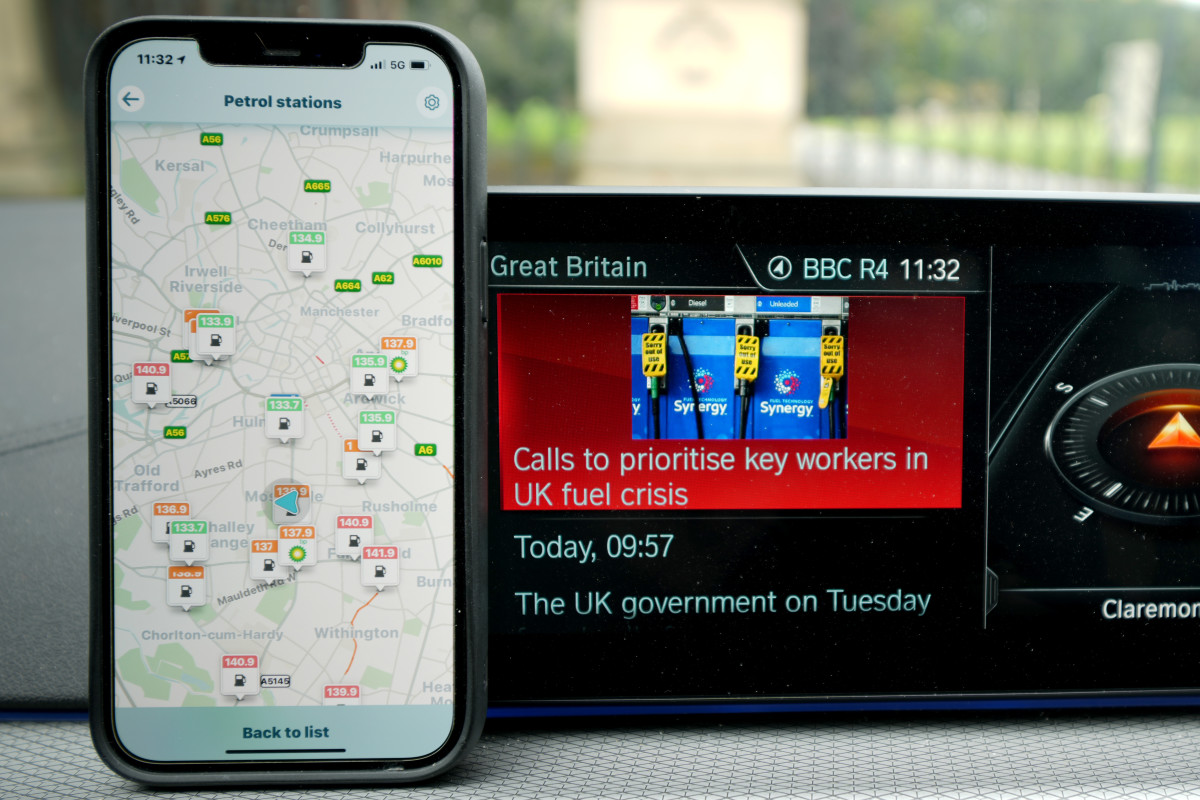
When a company hires a new employee, it makes a costly investment. According to Indeed, on average, companies spend $4,000 to $20,000 to hire a new employee, which excludes salary and benefits.
With this significant investment, it is no surprise that companies expect new hires to perform well in their position, but how companies determine success can vary and even become controversial.
Waze Co-Founder Uri Levine has a strict way of determining whether or not a new employee is the right person for the job.
Related: Spotify CEO is shocked by negative impact of recent layoffs
The executive, who has advised over 50 companies, has just revealed on a recent episode of “Lenny’s Podcast” that he encourages employers under his leadership to give employees a 30-day test to determine their future at the company. If a new employee’s performance at the company has been poor during their first 30 days on the job, he encourages leaders to make the “hard decision” to fire them.
“Every time that you hire someone new, what I really want you to do is mark your calendars for 30 days down the road and ask yourself one question; ‘knowing what I know today, would I hire this person?"’ said Levine. “At the end of the day, I'd like to nail that into ‘yes’ or ‘no.’”
He claimed that if the answer is “yes,” employers should grant the employee more equity in the company to “buy their loyalty for life,” but if the answer is “no,” they should be fired “immediately.”

“They're already set on a trajectory of not being successful, and they're creating damage to you, to the rest of the team and to themselves,” said Levine. “They deserve to be successful, but it's not going to happen here.”
Levine said that he developed the 30-day test after he spoke to a group of entrepreneurs who claimed that their startup failed due to having a team that was “not right” for the company.
“I asked them the most interesting question, ‘when did you know that the team is not right?’ Now the answer was actually rather scary, all of them told me within the first month,” said Levine. “Then (I) said, ‘wait a minute, if you knew within the first month that the team is not right, and you didn't do anything, the problem was not that the team was not right, the problem was that the CEO did not make hard decision.’"
Even though Levine encourages leaders to determine a new hire’s future at the company within 30 days, he said that he advises his adult children to give a company 90 days before they quit a job.
More Labor:
- Dropbox CEO believes that return-to-office mandates are toxic
- Job recruiter goes viral for revealing how applicant lost the job
- Employees of bankrupt retailer forced to kick customers out of store
“I have five children, and they're all in their 20s and beginning of 30, and they struggle with their career path, and I basically tell them, ‘look, if you are going to work in a place, and you don't like it, then what I want you to do is ask yourself why you are not liking it and whether or not there is something that you can change, and I'm going to ask you the same question in 90 days from now, and if this still is the case, then quit,’" said Levine.
Fully adjusting to a new job and feeling comfortable in a new routine can take employees anywhere from a few months to a year to do, according to a recent LinkedIn poll.
Many factors can also hinder a new hire’s success at a company. According to a recent survey by BambooHR, 62% of new hires said that not having enough training on a company’s products/services can be a point of frustration while onboarding. About 65% said that having no clear points of contact for questions can also be an obstacle for them, while 58% said that having a lack of access to essential tools can also complicate the onboarding process.
Related: Veteran fund manager picks favorite stocks for 2024







